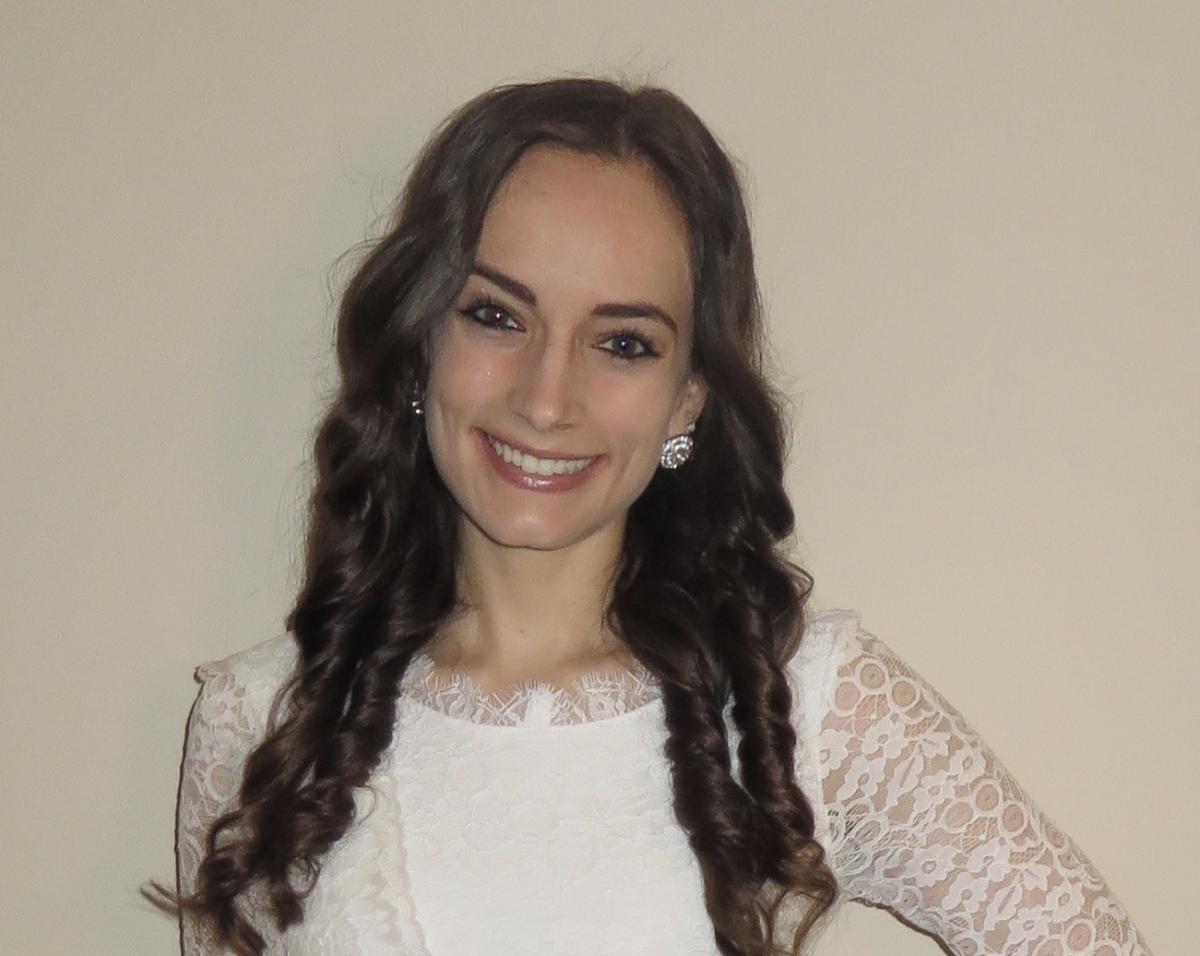posted October 6, 2017 - written by Molly Rutter, SOE Graduate Assistant

After receiving her undergraduate degree from Niagara University, Amber Walther immediately enrolled at Buffalo State, chosen for its fast track, 15-month Literacy dual certification (K-6 and 7-12) master’s degree program. She considers her academic experiences at Buffalo State to be major influences on her success as an educator. Additionally, Walther attributes much of her confidence as a literacy specialist to Keli Garas-York, associate professor of elementary education and reading, who shaped her into the teacher she is today. She is grateful for the first-hand experiences she gained, especially her work with the Literacy Center, directed by Garas-York, where Walther had the opportunity to work one-on-one with her own client.
“Dr. Garas-York’s methodology, as well as the type of professor she was, is exactly what I strive for in my own classroom and for my students,” said Walther. “At the Literacy Center, for one semester, we worked in a group of three with one client. Our planning was based solely on her literacy deficits and needs and we created lessons that catered to her individual strengths.”
The following semester this girl became solely Walther’s client and she again worked 1:1 with the student, always forming lessons to her unique interests. “She loved pink, animal print, and Pinkalicious books, so every lesson I used one of her favorite books!”
Walther also enjoyed her experiences with other elementary education and reading professors, particularly a specialized Harry-Potter-themed course with Christopher Shively, assistant professor, and developing a post-graduation writing workshop for second graders with Laura Klenk, assistant professor. Walther’s eyes were opened to the importance of working with diverse students by Jevon Hunter, Woods Beals Endowed Chair for Excellence in Urban Education, whose phrase “work smarter, not harder” she continues to use today.
Entering the field can be challenging for any recent grad but, as Walther learned, flexibility and perseverance can go a long way.
“In one simple and short sentence I can sum up my first year teaching,” said Walther, “I was building the airplane while it was in the air.”
Although she had always dreamed of being a second-grade teacher, Walther accepted a position as a reading teacher for 9th through 12th graders at Arcadia High School. Having completed all her student teaching, graduate program work and long-term substitute placements at the elementary level, Walther was completely out of her element and left with the daunting task of teaching older kids, for the first time, without a curriculum to follow.
“Your textbooks do not teach you how to handle ODD [oppositional defiant disorder] students who scream and yell in your face, tell you that they hate you, and throw worksheets on the floor. Nor do they tell you how to motivate the student that refuses to pick her head up off the desk every single day. I honestly did not know what to do,” shares Walther.
With the help of her principals, two school mentors, and a network of former professors from Buffalo State and Niagara University, Walther persevered. A self-titled interventionist, she sought to implement a curriculum that best fit the academic, social and emotional needs of her students. Although it had its challenges, Walther was committed to motivating her students and helping them develop the grit to succeed.
“I learned the importance of relationship building at the high school level. I worked tirelessly to have my students understand that I cared about them as people, not just students, and to help them know that I wanted what was best for them. They needed to believe this so they could truly be open to learning.”
With her positive attitude, patience and hard work, Walther created a curriculum for two courses, an academic support class called “Successful Support,” through which she helped 21 freshmen develop self-management skills to beat their consistent pattern of failing, along with her own reading support class.
“Quarterly we set goals and monitored our progress toward those goals, making adjustments or assessing why we were or were not on track. We watched TED talks and read articles on growth mindset, intrinsic motivation, and grit.”
Walther’s dedication went a long way; 20 of her 21 “Successful Support” freshmen were on track to be sophomores by the end of the school year. As she continues her devotion to building the high school reading program, Walther’s goal is to further develop her own “grit” and a goal-setting curriculum to foster social-emotional learning.
“To me, it’s important to not only educate the student, but to educate the student on the potential that they possess inside of themselves. This is why I focus on grit and perseverance in my classroom.”
Walther encourages future teachers to remember the power of positivity and to recognize that the “real” learning happens when you have your own classroom.
“Every day is an opportunity to empower, uplift, love and support your students. On your toughest days, remember this - to be a teacher is a gift.”
Some content on this page is saved in PDF format. To view these files, download Adobe Acrobat Reader free. If you are having trouble reading a document, request an accessible copy of the PDF or Word Document.
